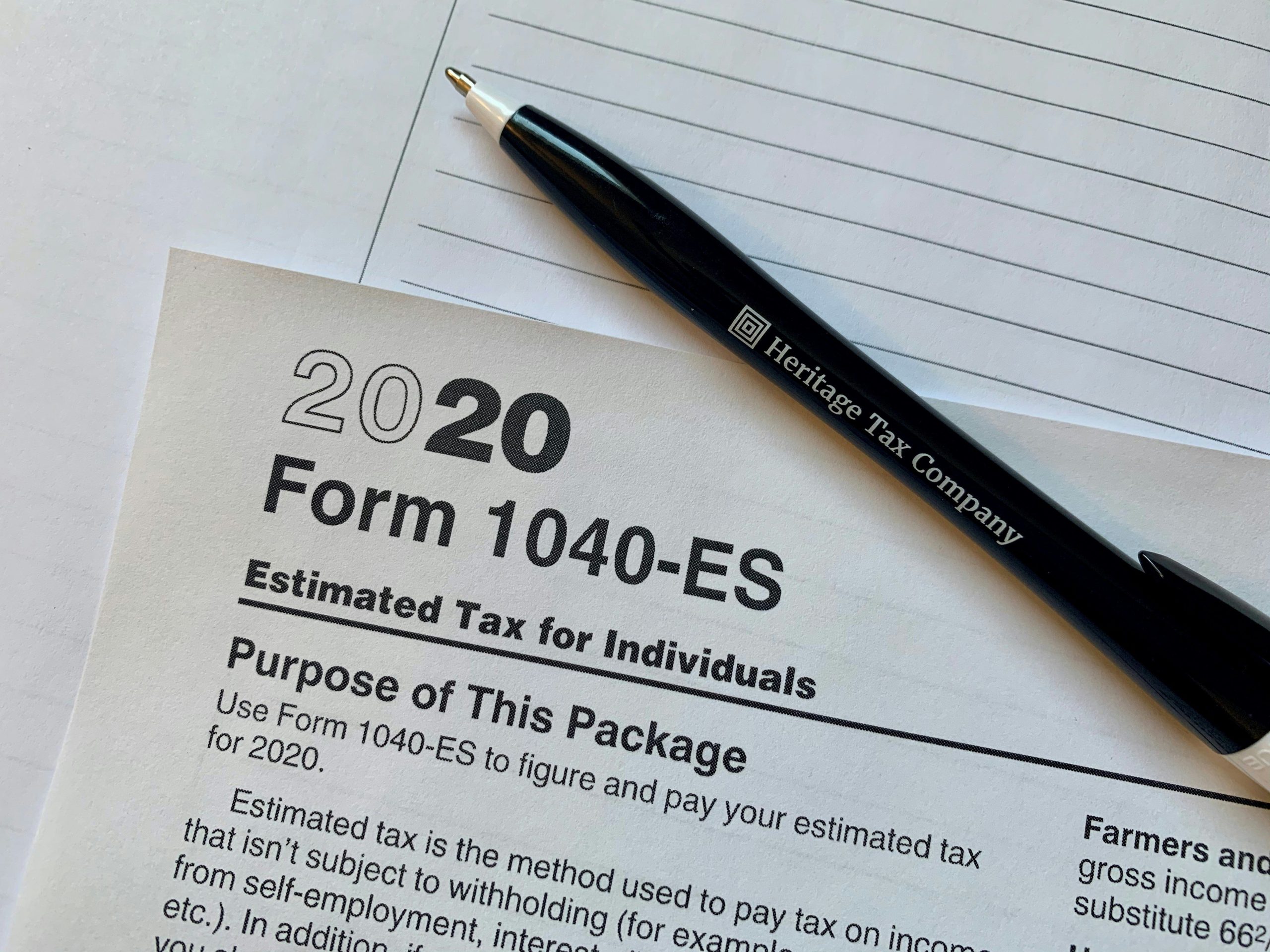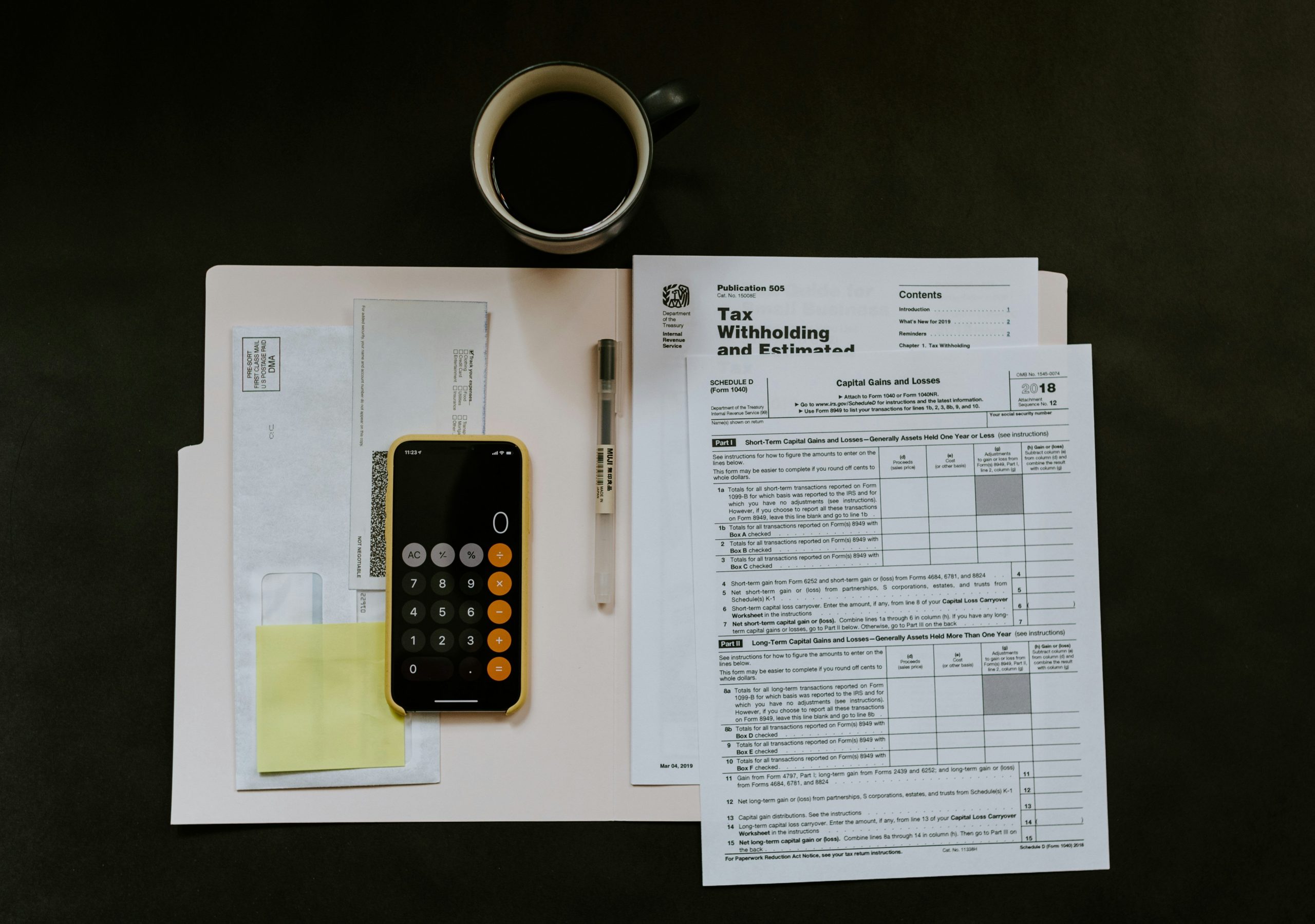Ever stared at a pile of tax forms and felt like you’re solving a puzzle in a foreign language? Yeah, us too. But what if we told you there’s a way to take control—without losing your sanity or thousands of dollars to penalties?
In this guide, you’ll learn how One-on-One Tax Coaching can transform the way you approach taxes. From understanding its benefits to choosing the right course for you, we’ve got everything covered—including some brutal honesty about what doesn’t work.
Table of Contents
- Key Takeaways
- Why One-on-One Tax Coaching Matters
- How to Find the Best One-on-One Tax Coaching
- Tips for Maximizing Your Tax Planning Skills
- Real-Life Success Stories with One-on-One Tax Coaching
- Frequently Asked Questions About One-on-One Tax Coaching
Key Takeaways
- One-on-One Tax Coaching provides personalized strategies tailored to your financial goals.
- It saves time, reduces stress, and helps avoid costly mistakes.
- You don’t need an accounting degree to master tax planning; the right coach makes all the difference.
Why One-on-One Tax Coaching Matters

Taxes are complicated. According to TurboTax, nearly 40% of Americans find filing their taxes stressful—and that number spikes when deadlines loom. Here’s where things get real:
I once tried doing my own small business taxes using free online calculators. Spoiler alert: It ended with three weeks’ worth of corrections—and a $500 fine. Lesson learned? DIY isn’t always cheaper.
“Optimist You:” “Maybe I’ll just Google ‘how to file taxes.’”
“Grumpy You:” “Ugh, nope. Not unless you want another disaster on your hands.”
Enter One-on-One Tax Coaching—the ultimate lifeline for anyone drowning in deductions, credits, and write-offs. This specialized form of education offers expert guidance, actionable advice, and accountability every step of the way.
How to Find the Best One-on-One Tax Coaching

Step 1: Assess Your Needs
Before jumping into any program, ask yourself:
- Am I looking for general tax knowledge or specific help (like freelance taxes)?
- Do I prefer live sessions or pre-recorded content?
Step 2: Research Coaches/Courses
Not all coaches are created equal. Check credentials, reviews, and testimonials. Look for someone who specializes in your niche—for example, freelancers might benefit from a coach familiar with Schedule C filings.
Step 3: Compare Pricing Models
Some courses charge upfront fees, while others offer subscription models. Be wary of hidden costs and overly cheap options (“If it sounds too good to be true…”).
Step 4: Schedule a Discovery Call
Most reputable coaches will let you chat before committing. Use this opportunity to gauge compatibility and discuss expectations.
Tips for Maximizing Your Tax Planning Skills
Tip #1: Keep Records Organized
A clean filing system prevents headaches later. Think receipts, invoices, mileage logs—you name it!
Tip #2: Ask Questions
There’s no such thing as a dumb question during One-on-One Tax Coaching. If something feels unclear, speak up immediately.
Tip #3: Avoid This Terrible Advice
We hate to admit it, but yes, some “experts” suggest waiting until the last minute to start preparing. Don’t do this—it leads to rushed decisions and missed opportunities.
Real-Life Success Stories with One-on-One Tax Coaching

Meet Sarah, a graphic designer turned solopreneur. After enrolling in a top-rated One-on-One Tax Coaching program, she reduced her taxable income by over $10,000 thanks to better expense tracking and quarterly estimated payments.
And then there’s John, a teacher turned blogger, who went from paying penalties yearly to saving enough to fund his dream vacation—all because he finally understood how to navigate self-employment taxes.
Frequently Asked Questions About One-on-One Tax Coaching
Q: Is One-on-One Tax Coaching worth the investment?
Absolutely. When done right, the ROI often exceeds the cost through saved penalties, optimized refunds, and peace of mind.
Q: Can beginners benefit from these courses?
Yes! Most programs cater to various skill levels and break concepts down into digestible pieces.
Q: How long does it typically take to see results?
Results vary, but students commonly report improvements within 6 months of consistent application.
Conclusion
One-on-One Tax Coaching is more than just learning—it’s empowerment. Whether you’re tackling personal taxes or managing a growing side hustle, investing in yourself pays dividends far beyond April 15th.
Remember: Like a Tamagotchi, your finances require daily care. And hey, maybe bookmark this page for next year. 😉


